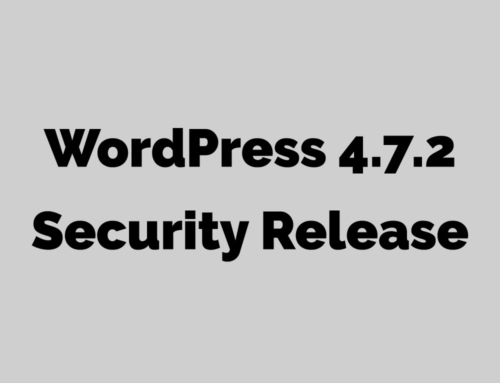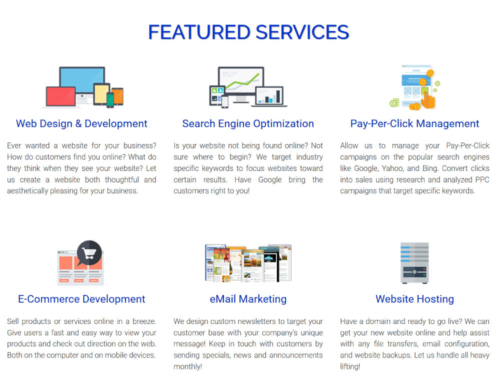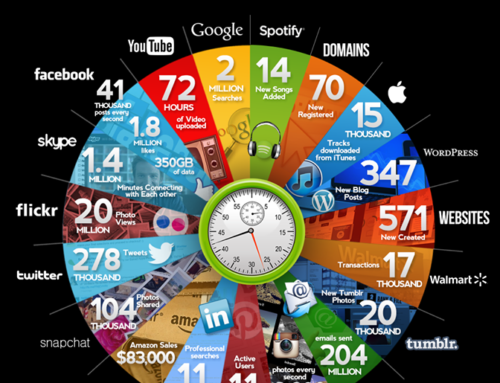 When was the last time you wrote a letter? Whether it was a job application, a grievance or a greeting, you probably made a call or sent an email. You did this not because you are against using pen and paper, but because electronic communication is faster, much more convenient and using emails is often cheaper than sending a letter by post. We have readily accepted electronic media as a means of communication and are slowly but surely making conventional mass media obsolete.
When was the last time you wrote a letter? Whether it was a job application, a grievance or a greeting, you probably made a call or sent an email. You did this not because you are against using pen and paper, but because electronic communication is faster, much more convenient and using emails is often cheaper than sending a letter by post. We have readily accepted electronic media as a means of communication and are slowly but surely making conventional mass media obsolete.
Why then would you want to restrict the growth of your business by relying on word of mouth, newspapers and brochures to create product awareness? Your business- and indeed even you- deserve a website. Your website can be accessed by anyone on the net, so in theory; almost the entire world is a prospective client!
Any organization- be it a charitable trust or an individual practice- can readily see the advantages of reaching more people, and so should individuals. You don’t share your thoughts with people just to while time away. You could be supporting an idea or a product that you truly believe in, so why not let the world know about it? And if you’re just sharing trivial facts or anecdotes that amuse you, let every netizen have a laugh too!
Let’s look at the advantage of a website from an organization’s point of view. Businesses are established to make profit and more customers invariably mean more profit. NGOs and charitable trusts need to spread awareness. There is no better method of creating awareness or promoting your product than having your own website. Your client could be anywhere in the world. More importantly, he or she could be learning about your organization at any time! You initially spend time- and maybe some money- to create your website, then all you need to do is update it periodically and prospective clients can view details about the product at their convenience whenever they want to irrespective of where they are.
One advantage of a website is its reach; it can be accessed anytime, anywhere. Another advantage is the level of detail a website offers without forcing itself on the customer. Unlike newspaper advertisements and brochures, a website could be as large as you want; your web server may charge you extra for a colossal site, but it would be money well spent. You could wax eloquent about your product and not have to worry about space constraints. Further, if you make your site user friendly and attractive, viewers would be willing to read more about your product and better awareness would mean better sales.
Despite the reach and level of detail your website offers, it does not intrude on a customer’s time. We all get irritated with telemarketers constantly badgering us; finding leaflets on your car and door can be equally irksome. The beauty of a website is that once customers are aware that it exists, they can choose to view it at their convenience, so they are in a fairly good state of mind when they access it and are likely to view your products more favorably.
Most importantly, websites act like 24/7 sales agents for customers across the globe. Online shopping is common, and adequate security measures are available to ensure that both you and your client are protected against fraud. The convenience of shopping online is not only that it saves time, but since all the details of your product are on the site, the customer can make an informed decision to choose which product suits his needs best. You thus save on over heads by owning fewer stores and employing less people, though your sales might be steadily rising.
A well designed site not only markets the product, but can also offer after sales support, like technical support via chat, a place where customers can post queries and make service requests; these can be resolved and communicated to the client within a day. Ensuring good after sales service is vital to ensure customer satisfaction. Further more, you could request customers to provide feedback; and since the customer will be able to do this at his or her convenience, you will receive objective responses and valid criticism.
Another use is to facilitate better intra office communication and efficiency. Large organizations can have special pages where theirs employees can login and access important notices, databases, service requests and a host of other back office facilities.
Wide spread and effective marketing and good service- at and an after the sale- are the hallmark of a great business. Creating your own website is a step towards advancing your organization from good to excellent.






